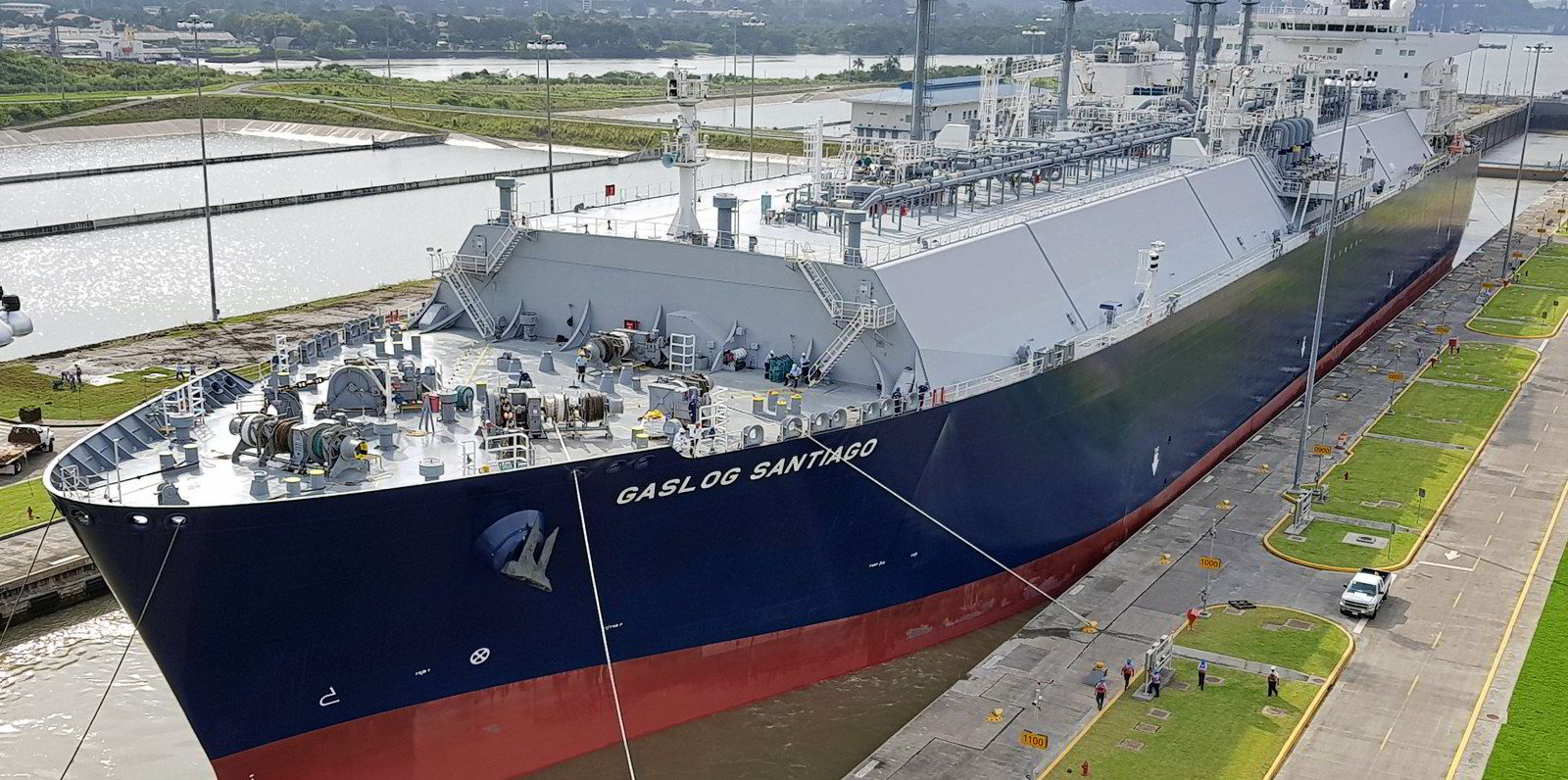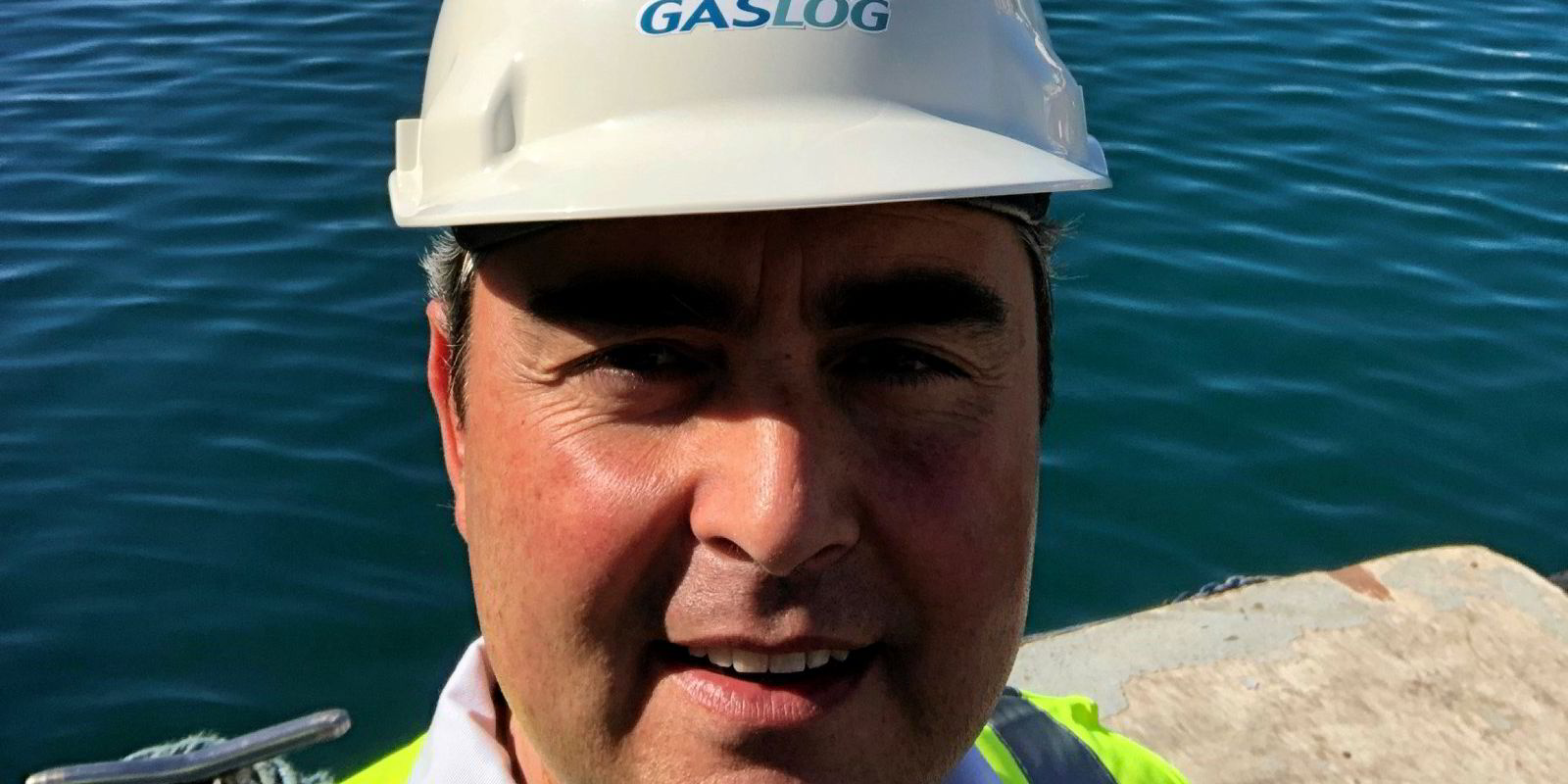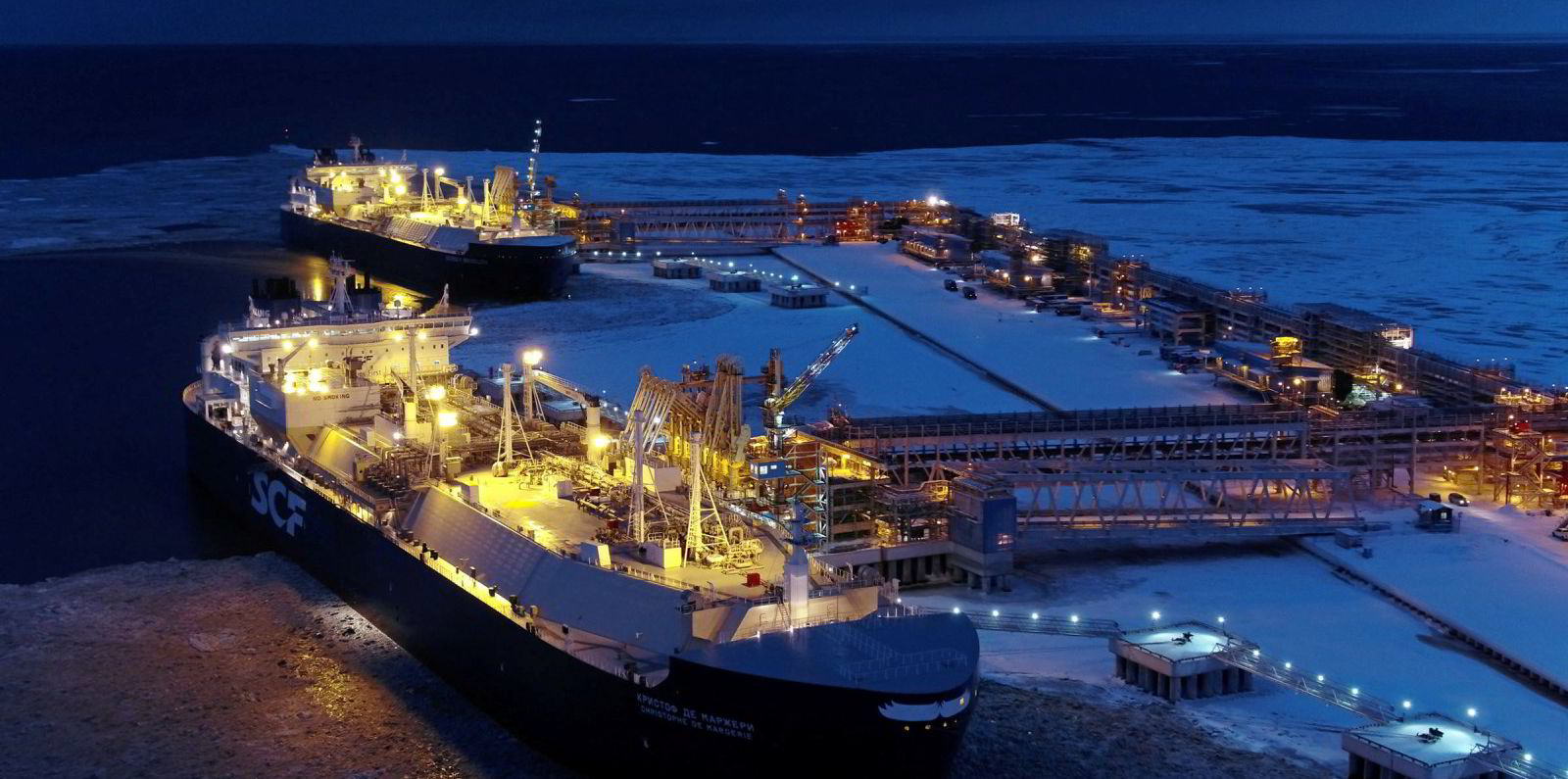GasLog Partners is planning to cash in on what it sees as a tightening LNG spot market with its open tonnage.
Speaking in a first-quarter results briefing, chief executive Paolo Enoizi said the New York-listed shipowner has six LNG carriers with contracts that are expected to expire in 2023.
Enoizi said the company’s vessels also have 851 open days remaining in 2022, representing a “material upside potential” given the tight market backdrop and GasLog Partners’ expectations for the balance of the year.
He said around 85% of these days are in the “seasonally strong” second half of the year, with 50% of them in the fourth quarter.
“We expect to charter them attractive levels,” he said.
Quoting Poten & Partners figures, Enoizi said some 72 term charters were concluded in the first quarter of 2022, 42 of which were for newbuildings that were not yet delivered.
He said the tightness in the marketplace is reflected in the relatively strong period charter rates which are “well above last year’s first-quarter level and the five-year range”.
Enoizi said Clarksons currently assesses rates for a one-year charter of a tri-fuel diesel-electric LNG carrier at $115,000 per day and for a steam turbine vessel at $62,000 daily.
“We believe this is indicative of charterers’ expectations for a tight market in the months ahead,” he said, adding that the forward curve for LNG spot rates indicates rising rates throughout 2022.
“The global focus on the availability of LNG has never been higher,” Enoizi said, citing both the commodity’s potential for decarbonisation and the focus on energy security as a result of Russia’s invasion of Ukraine.
He said the surge in gas prices will likely lead to more long-term contracts for LNG and prompt more liquefaction projects to take final investment decisions, supporting the growth of the LNG trade.

Answering analysts’ questions, Enoizi said GasLog Partners fleet has no exposure to Russian cargoes.
Enoizi said the LNG carrier orderbook currently stands at 186 vessels, according to Poten with multi-month charter contracts secured for 80%.
He said there are no unfixed vessels for delivery in 2022 and only two for handover in the following year.
The earliest delivery slots are now in 2026 and LNG newbuilding prices are above $220m per vessel.
“Despite the seemingly large number of vessels in the orderbook, we expect there would be sufficient global demand for LNG to absorb these vessels as they are delivered without depressing the rate environment,” Enoizi said.
He said the anticipated growth in inter-basin LNG trading will “more than offset” the scheduled vessel deliveries over the next two years, resulting in a tight LNG shipping market through 2022 and 2023.
“We are opportunistically positioning the partnership to evaluate opportunities for fleet modernisation in this dynamic market,” he said.
Asked about those opportunities, Enoizi stressed that GasLog Partners steamships are among the largest and most modern steam turbine vessels in the market. He said that while they are not as efficient as the modern two-stroke ships, there are terminals and trades where these ships are still competitive.
But he said the modernisation will start from “if not accretive acquisitions”, a changeover from the steam vessels to more modern tonnage.





